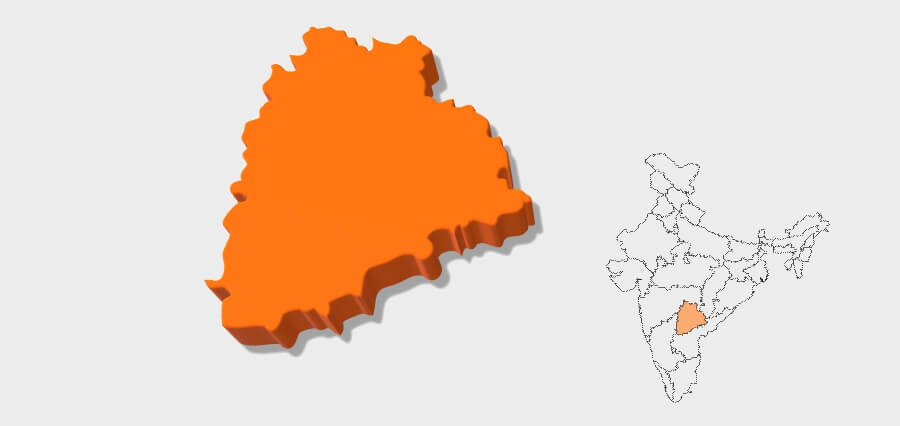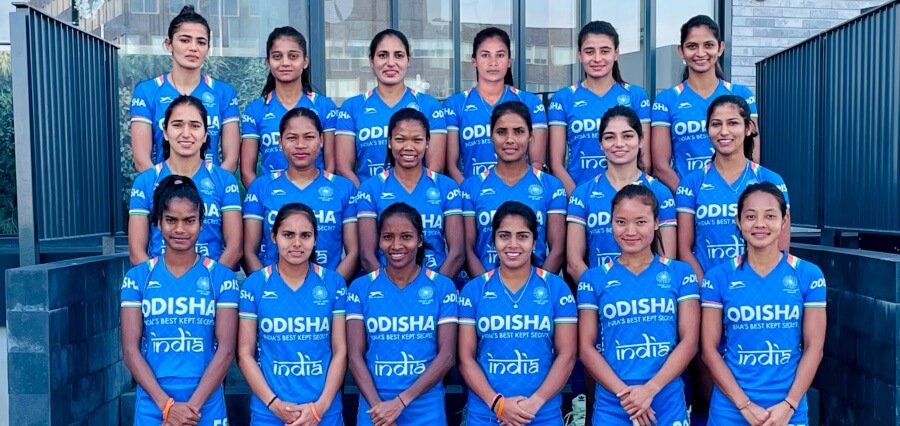Are You a Math-savvy?
Human Resources (HR) has evolved from mere personnel management to a data-driven and strategic function. Today, an HR professional is expected to analyze trends, predict future workforce needs, and measure the bottom-line impact of their initiatives. Women in HR require more than soft skills to excel in this changing landscape; it demands a fundamental understanding of mathematics and data analytics.
HR, while not mathematical like finance or engineering, requires familiarity with core math concepts in a way that drives performance and improves decision-making. The adoption of people analytics and a more dependent nature on data driving HR policies has created explosive opportunities for women in the function of HR in 2025.
The Increasing Significance of Mathematics in HR
HR roles have been changing over time. Organizations today use data to make strategic decisions on hiring, retention, diversity, and employee engagement. This forces the HR professional to interpret data, generate insights, and present findings in a manner that supports the organization’s goals.
Women in HR, who constitute a large percentage of the workforce, are best placed to spearhead this change by embracing analytical skills. “Math in HR is less about solving equations and more about understanding patterns, relationships, and trends,” says an industry expert.
Key Areas Where Math Skills Are Needed in HR
Compensation and Benefits Analysis
Developing competitive salary structures and benefit packages requires the analysis of industry benchmarks and employee data. HR experts rely on mathematical models in the computation of payroll budget, determining equity, and complying with labor laws.
Workforce Analytics
Mathematics is fundamental in tracking workforce metrics, including turnover rates, absenteeism, and productivity. HR teams can evaluate the organizational health and pinpoint problem areas with the help of knowledge on ratios, averages, and percentages.
Recruitment Metrics
Recruitment involves monitoring and analyzing various metrics from cost-per-hire to time-to-fill. Women in HR who are able to interpret these numbers will help to improve hiring efficiency and reduce recruitment costs.
Budgeting and Forecasting
HR departments often manage budgets for training, development, and wellness. Basic financial acumen such as calculating expenses and forecasting returns ensures optimal resource allocation.
Diversity and Inclusion Metrics
Tracking diversity ratios, pay equity, and promotion rates involves working with complex datasets for HR professionals. Through the analysis of these metrics, they can design programs that promote inclusivity and fairness in the workplace.
Opportunities for Women in HR 2025
As we approach 2025, HR is going to become even more data-driven, so women who apply their mathematical and analytical skills are at an advantage. These will include roles such as HR analytics, workforce planning, and organizational strategy.
HR Analytics Specialist
This role requires the application of statistical tools and software to extract actionable insights from employee data. Math skills and knowledge of data visualization tools are essential for success.
Diversity and Inclusion Strategist
Women in HR can lead diversity initiatives by using data to identify gaps, measure progress, and develop impactful programs.
Compensation and Benefits Manager
This role calculates fair pay structures, analyzes market trends, and manages budgets. Therefore, mathematically savvy individuals do a great job at ensuring that equitable and competitive compensation packages are guaranteed.
Workforce Planning Specialist
Statistical modeling and predictive analytics must be well known to predict and align staffing with business goals.
Employee Engagement Specialist
Measuring and improving employee satisfaction requires interpretation of the results of a survey, analysis of engagement scores, and identification of patterns to promote positive change.
How Much Math Do Women in HR Need?
The amount of math that one needs in the human resources profession varies according to the specific job. For example, entry-level positions might need only simple arithmetic to figure out percentages and ratios, while other more advanced positions, such as HR analytics or workforce planning, may demand knowledge of statistical concepts, data visualization, and even predictive modeling.
Math and analytical skills will be critical for women in HR aspiring to lead. Tools like Excel, Tableau, and Python will further build data processing and visualization capabilities.
“It is not about being a mathematician, but being comfortable with working with data to tell a story,” says an HR leader.
Bridging the Gap: Building Math Skills for HR Success
For women in HR who do not feel confident in their math skills, there are several ways to bridge the gap:
Upskilling Through Courses
Online platforms such as Coursera and LinkedIn Learning offer courses on HR analytics, statistics, and data visualization tailored for HR professionals.
Mentorship and Collaboration
Working closely with colleagues in finance or data teams can help HR professionals understand mathematical concepts in a practical context.
Practice with Real-World Data
Experimenting with HR datasets and practicing the interpretation of data can instill confidence and expertise over time.
Professional Networks
Attending professional networks with other women in HR can provide access to resources, workshops, and seminars that focus on building analytical skills.
Women+Math=Analytically A Better HR Future
The HR industry has moved on from the management of people. It’s now about data-driven strategy that molds the future of the organization. And for the women in HR, it is not only a nice-to-have affair but also an essential thing to do: mastery of basic math and analytics skills. Opportunities will continue to shift, and more opportunities in women in HR 2025 will be in favour of those who are embracing power through data in impactful decisions.
While having math confidence, making full use of analytical tool levers, and maintaining curiosity can enable women in HR to ace their roles and lead the industry towards change, the question is not how math-savvy one is, but rather how ready one is to harness its potential to excel in their career.





